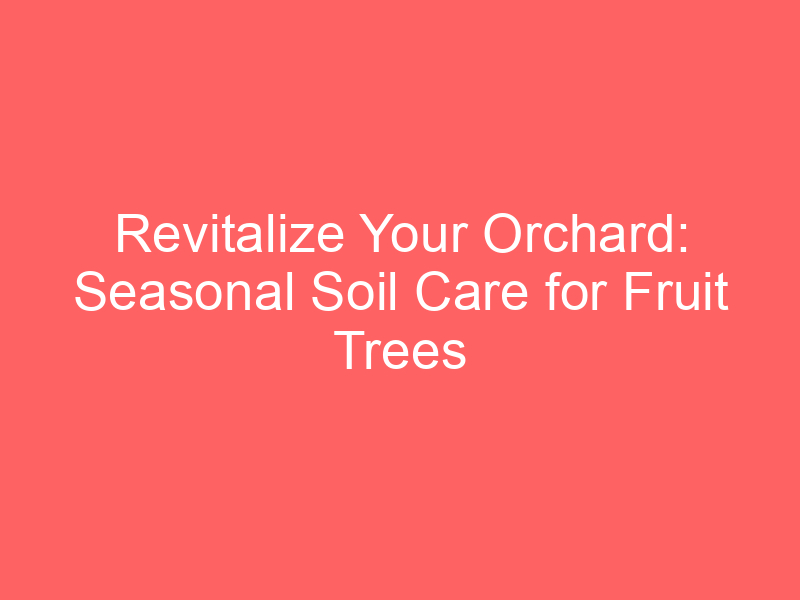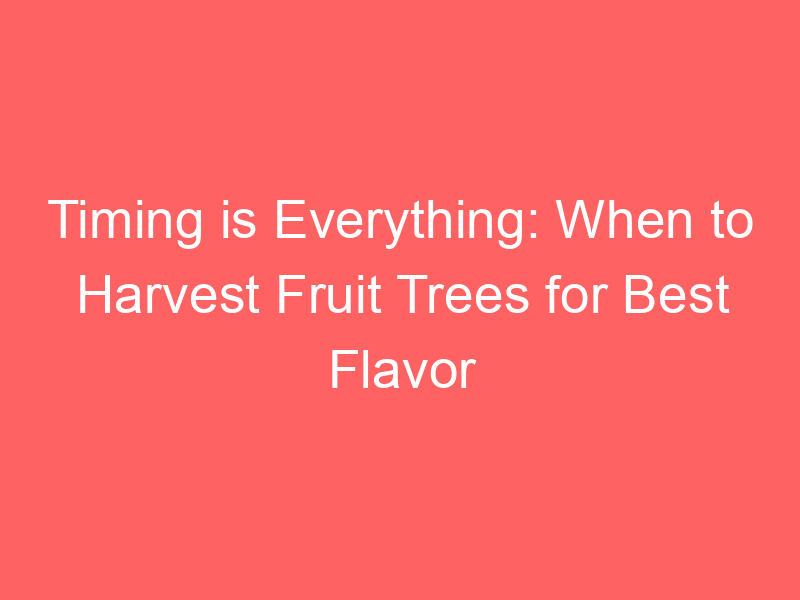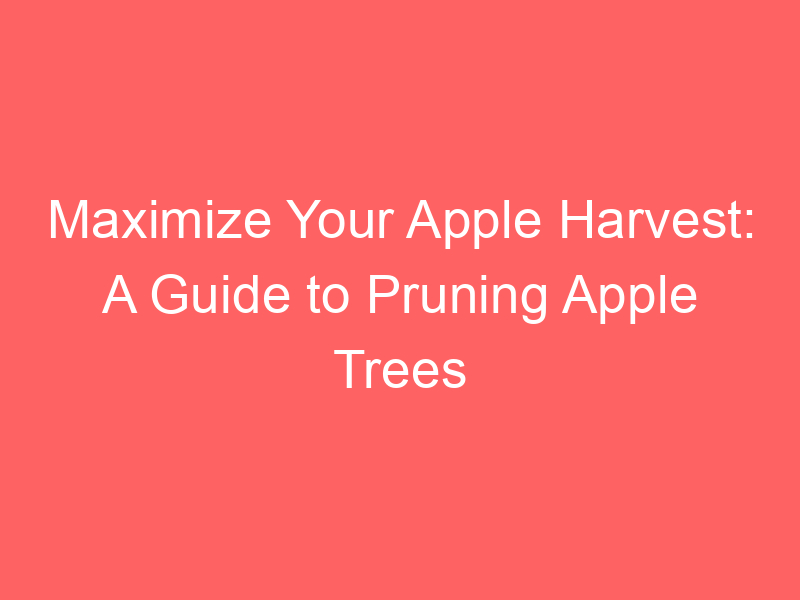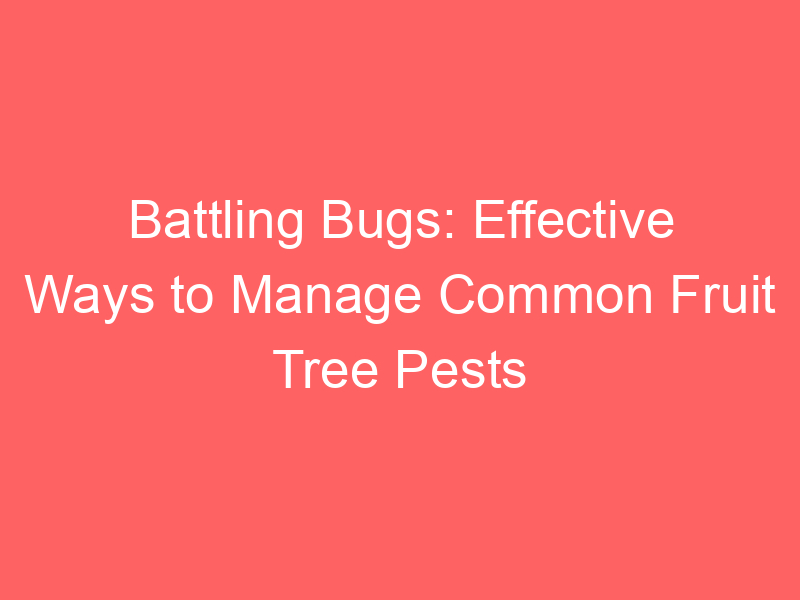Introduction to Home Harvested Oranges
There’s nothing quite like the joy of plucking a ripe, juicy orange straight from your own backyard tree. Homegrown fruits, especially oranges, offer a unique experience that store-bought fruits simply can’t match. In this post, we will explore the delight of homegrown fruits and the importance of proper storage for oranges.
- The joy of homegrown fruits
- Understanding the importance of proper storage for oranges
Growing your own fruit trees can be an incredibly rewarding experience. Not only do you get to nurture and care for the tree from its early stages, but you also get to enjoy the fruits of your labor – quite literally! Homegrown oranges, in particular, are a real treat. They’re fresher, juicier, and more flavorful than anything you can find in a store. Plus, there’s a certain satisfaction that comes from knowing you grew them yourself. It’s a joy that every plant lover should experience.
While the joy of homegrown oranges is undeniable, it’s important to understand how to properly store these fruits to extend their freshness. Oranges are not like other fruits that continue to ripen after they’re picked. Once an orange is off the tree, it won’t get any riper or sweeter. That’s why proper storage is crucial. It helps maintain the quality of the fruit and prolongs its shelf life, allowing you to enjoy your homegrown oranges for a longer period.
As we delve deeper into the world of home-harvested oranges, we’ll provide you with practical tips on how to store your oranges correctly, explore various storage solutions, and share successful case studies of home fruit storage. So, stay tuned!
Understanding the Basics of Storing Homegrown Fruits
When it comes to enjoying the fruits of your labor, understanding the basics of storing your homegrown fruits is crucial. In this section, we will delve into the importance of proper storage, specifically for oranges, and how it can help maintain their freshness and extend their shelf life.
Why Proper Storage Matters
Proper storage of your homegrown fruits, particularly oranges, is essential for two main reasons:
- Maintaining freshness of oranges: Proper storage helps keep your oranges fresh for a longer period. Fresh oranges are not only tastier but also retain more of their nutritional value. According to a Wikipedia article, oranges can lose their vitamin C content if not stored properly.
- Preserving harvested oranges for longer shelf life: With the right storage methods, you can enjoy your homegrown oranges for weeks or even months after harvest. This allows you to have a steady supply of fresh, healthy fruit even outside the harvesting season.
Understanding the importance of proper storage is the first step towards maximizing the benefits of your homegrown fruits. In the next section, we will discuss some common mistakes in fruit storage and how to avoid them.
Common Mistakes in Fruit Storage
Storing your homegrown fruits properly is crucial to maintaining their freshness and extending their shelf life. However, many people often make some common mistakes that can significantly affect the quality of their fruits. Here are two of the most common mistakes:
- Storing fruits in the wrong temperature
- Not considering the ripeness of the fruit
One of the most common mistakes in fruit storage is not storing fruits at the correct temperature. Fruits, including oranges, need to be stored at the right temperature to maintain their freshness and prevent premature ripening or decay. According to the University of California’s Division of Agriculture and Natural Resources, oranges should ideally be stored at a temperature of 38 to 48 degrees Fahrenheit (3 to 9 degrees Celsius).
Another common mistake is not considering the ripeness of the fruit when storing it. The ripeness of a fruit can greatly affect its storage conditions. For instance, ripe fruits produce a gas called ethylene, which can speed up the ripening process of other fruits stored nearby. Therefore, it’s important to separate ripe fruits from unripe ones to prevent premature ripening. Also, remember that ripe fruits should be consumed as soon as possible to prevent spoilage.
By avoiding these common mistakes, you can ensure that your homegrown fruits stay fresh and delicious for as long as possible. Remember, proper fruit storage is not just about extending the shelf life of your fruits, but also about preserving their taste and nutritional value.
Orange Storage Tips: How to Store Harvested Oranges
Storing your homegrown oranges properly can extend their freshness and allow you to enjoy your harvest for a longer period. Here are some tips on how to prepare your oranges for storage.
Preparation for Storage
Before storing your oranges, it’s important to prepare them properly. This involves checking for ripeness and cleaning the oranges. Here’s how:
- Checking for ripeness: Oranges are best stored when they’re fully ripe. A ripe orange will have a vibrant orange color and feel heavy for its size. It should also give slightly when you press it. If your oranges are still green, allow them to ripen on the tree before harvesting. More on orange ripening.
- Cleaning and drying the oranges: Once you’ve harvested your ripe oranges, gently wash them in cool water to remove any dirt or insects. After washing, dry the oranges thoroughly. Any moisture left on the oranges can lead to mold during storage. Use a soft cloth or paper towel to gently pat the oranges dry.
Proper preparation is the first step to ensuring your harvested oranges stay fresh and flavorful for as long as possible. In the next section, we’ll discuss the different storage methods you can use for your homegrown oranges.
Choosing the Right Storage Method
When it comes to storing your home-harvested oranges, there are several methods you can choose from. Each method has its own benefits and is suitable for different needs. Let’s explore the three most common methods: refrigeration, freezing, and canning.
- Refrigeration
- Freezing
- Canning
Refrigeration is the simplest and most common method for storing oranges. It’s perfect for short-term storage and can keep your oranges fresh for up to two weeks. All you need to do is place your oranges in the vegetable drawer of your refrigerator. Make sure they are not packed too tightly to prevent bruising and ensure proper air circulation.
If you want to store your oranges for a longer period, freezing is an excellent option. This method can preserve your oranges for up to a year. To freeze your oranges, first peel them and separate the segments. Then, place the segments in a freezer-safe bag or container, squeeze out as much air as possible, and seal it. Remember to label your container with the date of freezing.
Canning is a traditional method that allows you to store your oranges for up to a year or more. It involves placing your oranges in a jar and sealing it with a lid and ring. The jar is then heated to kill any bacteria, yeasts, or molds that could cause the food to spoil. Once cooled, the jar forms a vacuum seal, preserving the oranges. This method not only extends the shelf life of your oranges but also enhances their flavor. Learn more about canning here.
Choosing the right storage method depends on how long you want to store your oranges and how you plan to use them later. Regardless of the method you choose, proper storage can help you enjoy your home-harvested oranges longer.
Storage Solutions for Homegrown Oranges
Storing your homegrown oranges properly is crucial to maintaining their freshness and flavor. Here are some do-it-yourself (DIY) storage solutions that you can easily implement at home.
DIY Storage Solutions
These storage solutions are not only cost-effective but also efficient. They utilize common household items and spaces, making them easy to set up and maintain.
- Using household items for storage
- Creating a storage system in your refrigerator
Common household items can be repurposed to create effective storage for your oranges. For instance, mesh bags or netted fruit bowls allow air circulation, which helps to prevent the growth of mold. A cool, dark place like a pantry or basement is ideal for storing these bags or bowls. Remember to check the fruits regularly for any signs of spoilage.
Your refrigerator can be a great place to store oranges, especially if you live in a warm climate. Oranges can be stored in the crisper drawer at a temperature of 3-5°C for up to three weeks. To prevent the oranges from drying out, you can place them in perforated plastic bags. This method also helps to keep the oranges separate from other fruits and vegetables, preventing cross-contamination.
By implementing these DIY storage solutions, you can enjoy your homegrown oranges for a longer period, reducing waste and saving money. Remember, the key to successful storage is regular checks and maintaining the right temperature and humidity levels.
Professional Storage Solutions
If you’re serious about keeping your homegrown oranges fresh for longer, it might be worth investing in some professional storage solutions. These can provide the ideal conditions for your fruit, helping to maintain their flavor and nutritional value.
- Investing in Fruit Storage Containers
Fruit storage containers are specially designed to keep your fruit in the best possible condition. They often have features like ventilation holes and adjustable humidity controls. This allows your oranges to breathe while also preventing them from drying out. According to a Wikipedia article on food storage containers, using the right container can significantly extend the shelf life of your fruit.
- Using a Dedicated Fruit Refrigerator
A dedicated fruit refrigerator is another great option for serious home fruit growers. These appliances provide the perfect temperature and humidity conditions for storing fruit. They also have separate compartments for different types of fruit, so you can keep your oranges separate from other fruits that might affect their taste or ripening process. A Wikipedia article on refrigerators explains how these appliances work and why they’re so effective for fruit storage.
Investing in professional storage solutions can be a bit more expensive than DIY options, but the benefits they offer in terms of fruit quality and shelf life can make them well worth the cost.
Case Studies: Successful Home Fruit Storage
Let’s take a look at some real-life examples of successful home fruit storage. These case studies will provide practical insights into how you can maintain the freshness of your homegrown oranges for weeks and even months.
-
Case Study 1: Maintaining Freshness of Oranges for Weeks
Meet Jane, a fruit enthusiast from Florida. Jane loves growing oranges in her backyard. However, she was always challenged with keeping her oranges fresh for more than a week. After some research, she discovered that the key to maintaining freshness is proper storage conditions.
She started storing her oranges in a cool, dark place, away from direct sunlight. She also made sure to keep them in a well-ventilated area to prevent mold growth. Jane was thrilled to find that her oranges stayed fresh and juicy for up to three weeks!
Key takeaway: Proper storage conditions can significantly extend the freshness of your oranges.
-
Case Study 2: Preserving Harvested Oranges for Months
Next, we have John, a home gardener from California. John enjoys growing different varieties of oranges. However, he was struggling to preserve his harvested oranges for months.
John decided to try preserving his oranges by making marmalade. He followed a simple recipe, using sugar to naturally preserve the oranges. The result was a delicious marmalade that he could enjoy for months. Not only did this method preserve his oranges, but it also provided him with a tasty treat to enjoy all year round.
Key takeaway: Preserving oranges in forms like marmalade can help you enjoy your harvest for months.
These case studies demonstrate that with the right techniques, you can enjoy your homegrown oranges for weeks or even months after harvesting. Remember, the key to successful fruit storage is understanding the specific needs of your fruit and adjusting your storage methods accordingly.
Conclusion: Enjoy Your Home Harvested Oranges Longer
As we conclude, it’s important to remember that the joy of harvesting your own oranges doesn’t have to end when the picking does. With the right storage techniques, you can enjoy your homegrown oranges for a longer period. Let’s recap on what we’ve learned and share some final thoughts on storing homegrown fruits.
- Recap on Proper Storage for Oranges
- Final Thoughts on Storing Homegrown Fruits
Storing your home harvested oranges properly is crucial to extending their shelf life. Remember to keep them in a cool, dry place, preferably in the refrigerator. Avoid storing them in plastic bags as this can lead to moisture build-up and mold growth. Instead, use mesh bags or open containers to allow for air circulation. Regularly check your stored oranges and remove any that show signs of spoilage to prevent it from spreading to the rest.
Storing homegrown fruits, including oranges, can be a rewarding experience. It allows you to enjoy the fruits of your labor for a longer period and reduces waste. It’s not just about having the right storage solutions, but also about understanding the unique storage needs of each type of fruit. With the right knowledge and techniques, you can ensure that your homegrown fruits remain fresh and delicious for as long as possible.
In conclusion, growing and storing your own oranges can be a fulfilling and sustainable way to enjoy fresh, healthy fruit. Remember, the key to successful storage is understanding the specific needs of the fruit and providing the right conditions. So, continue to enjoy the fruits of your labor, and happy harvesting!






